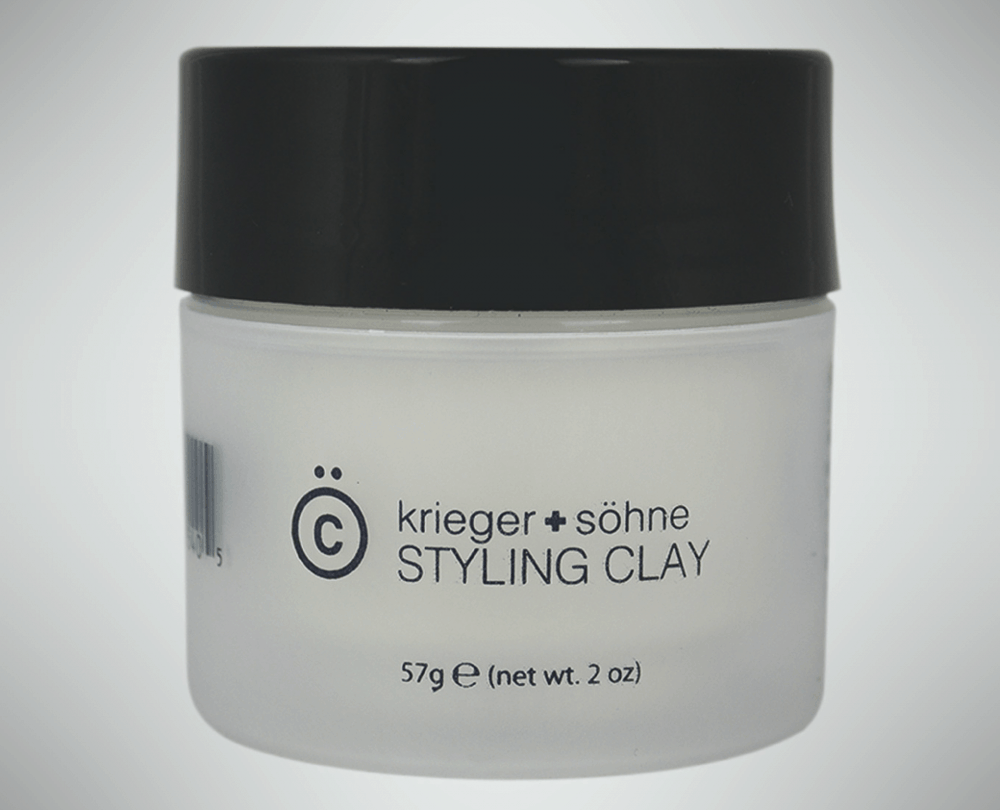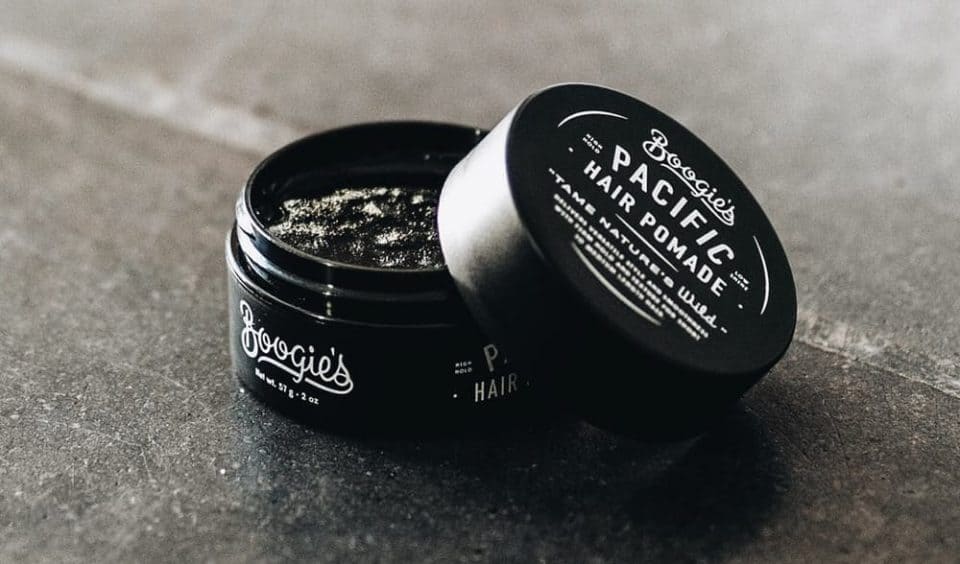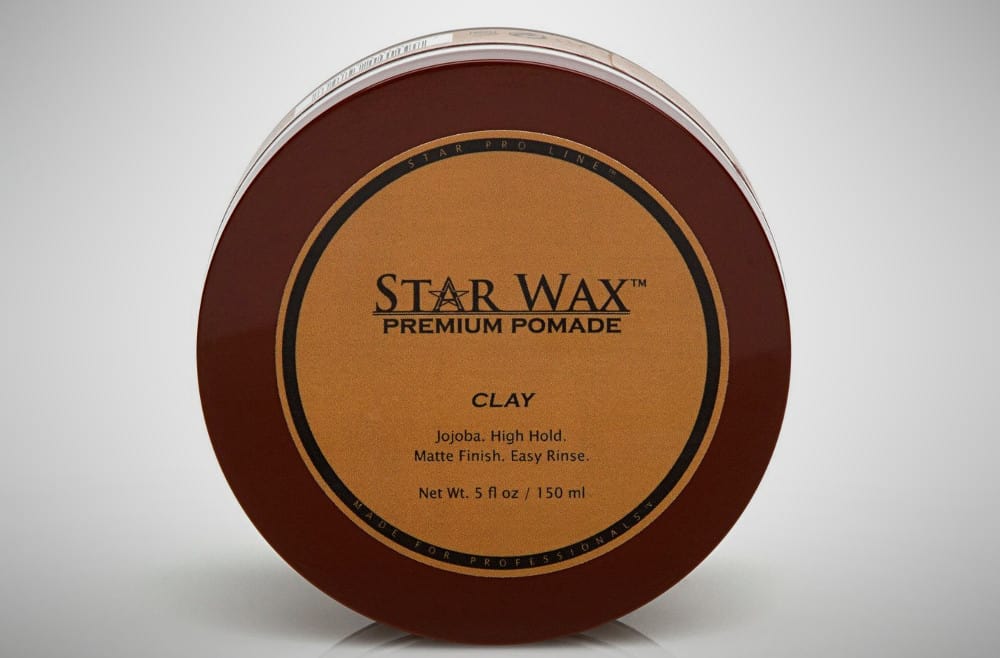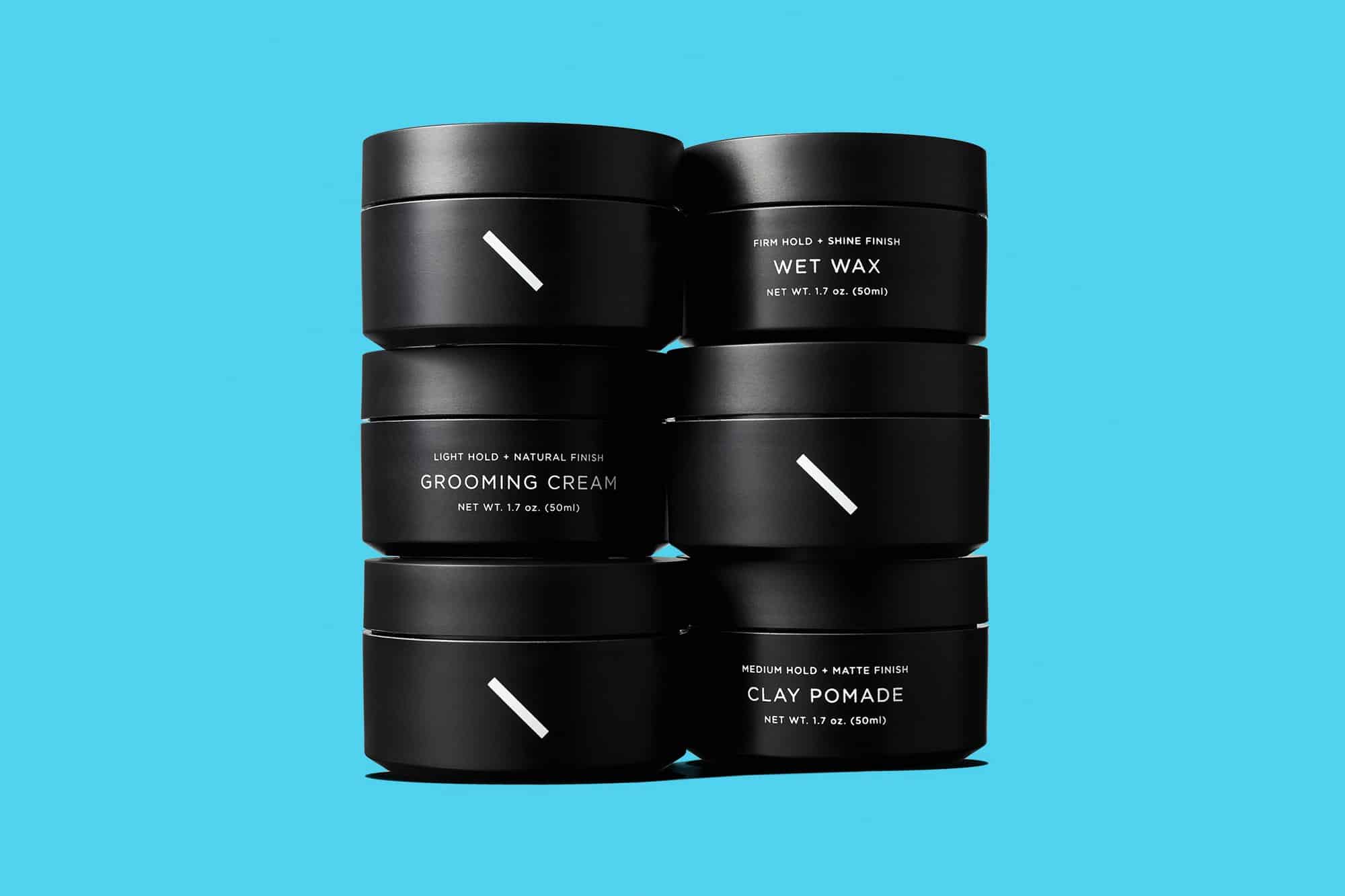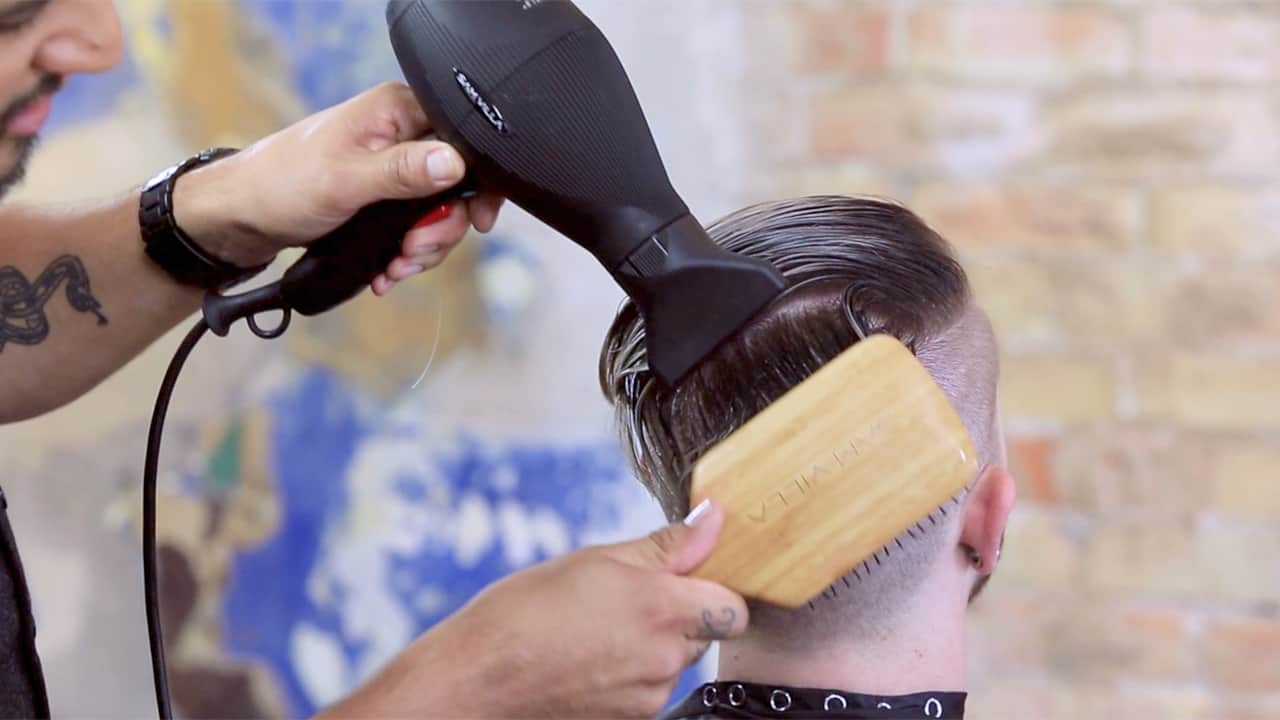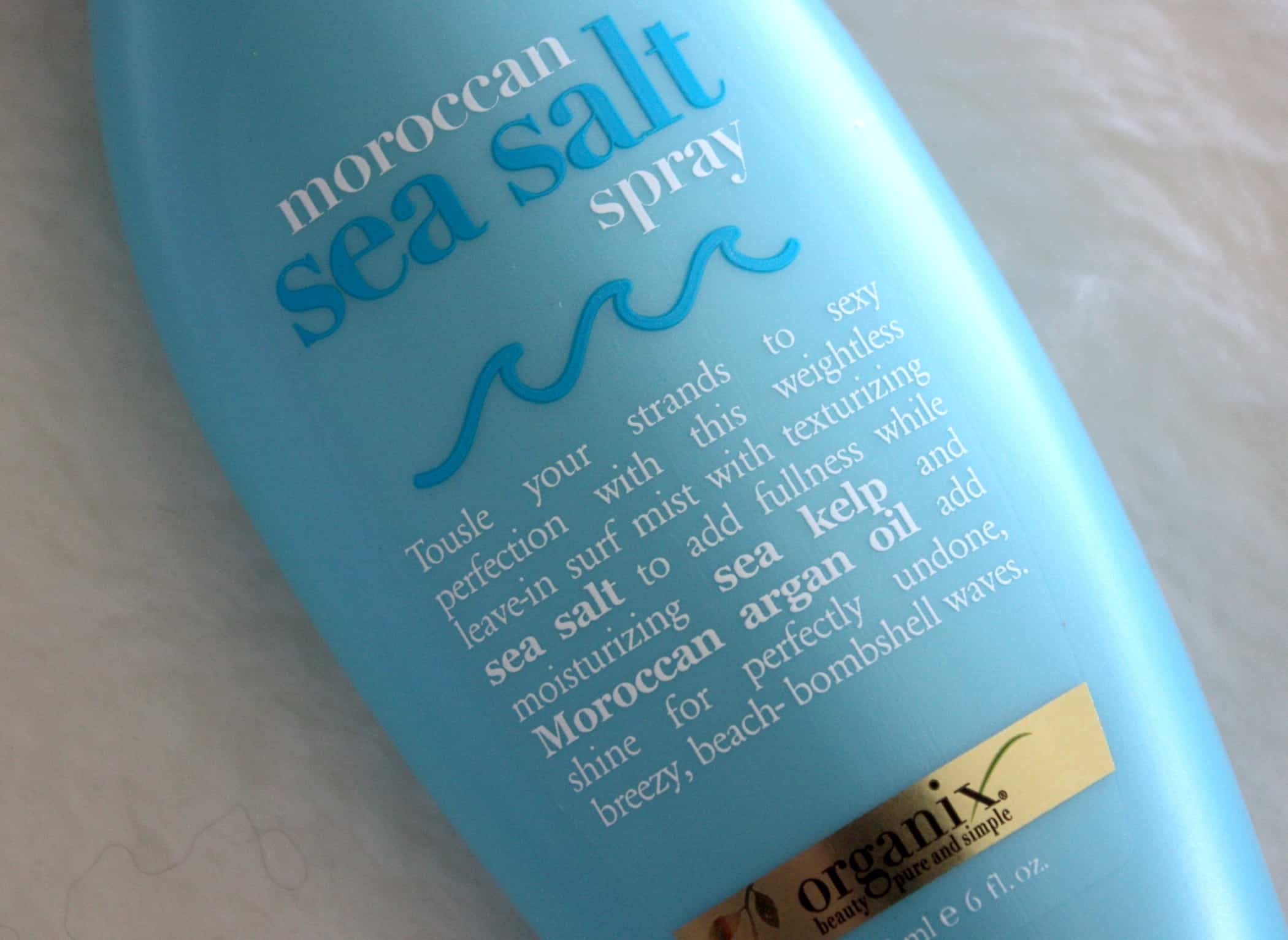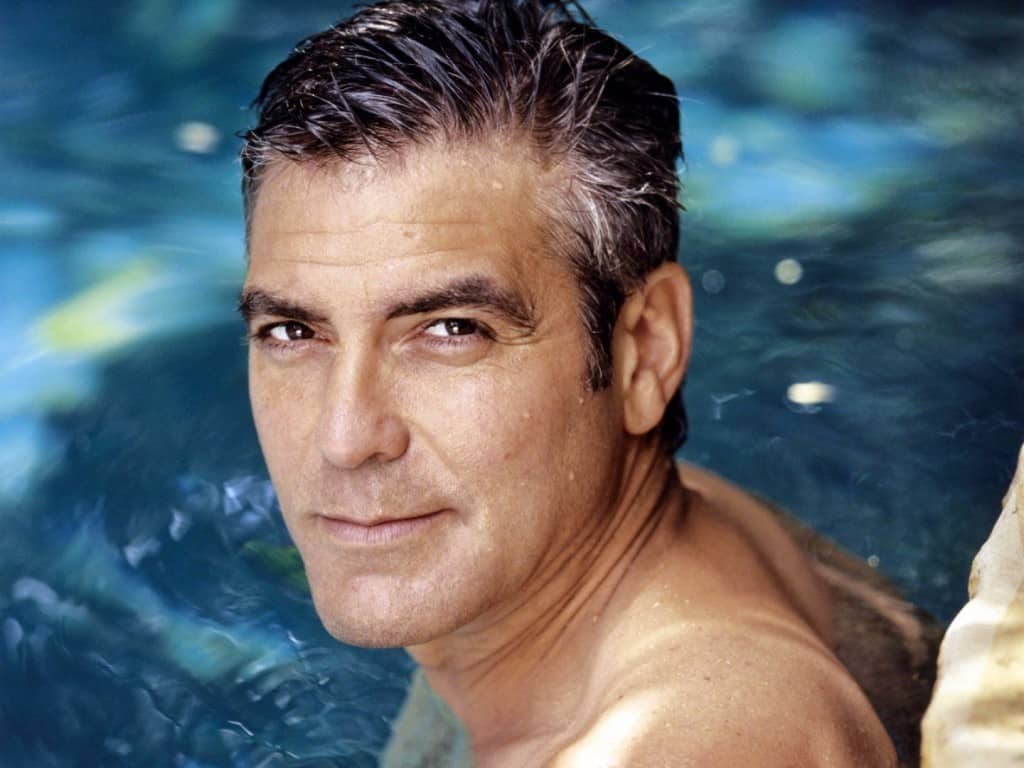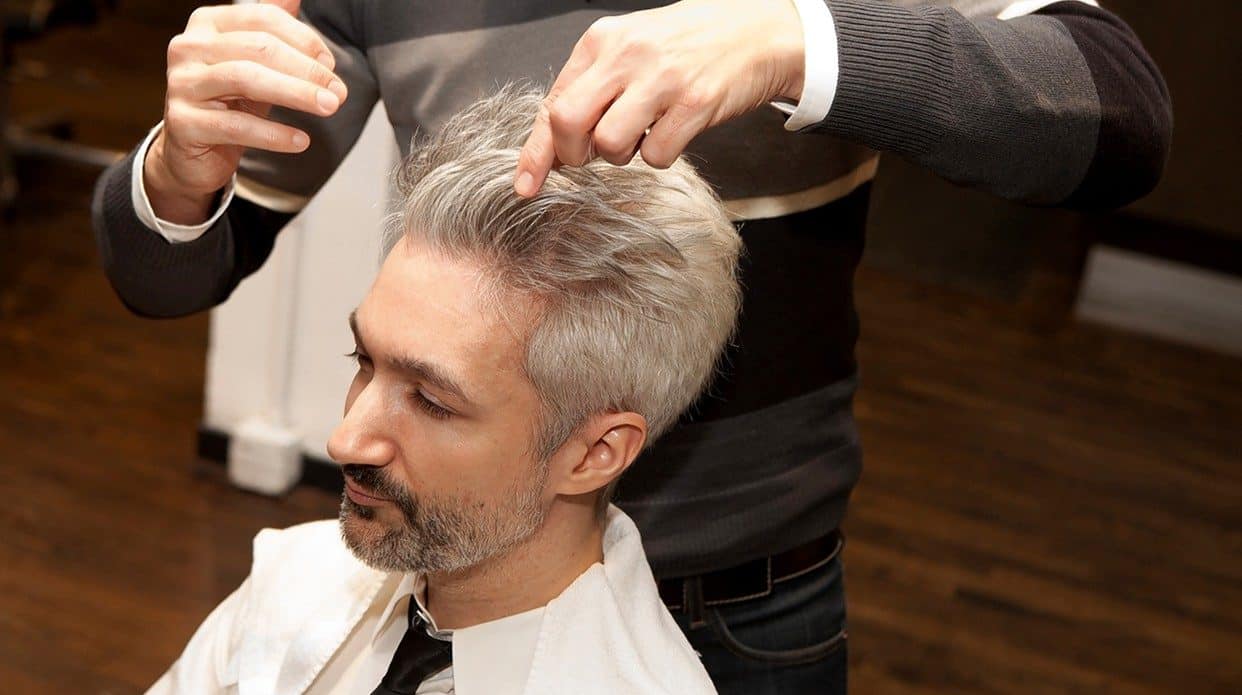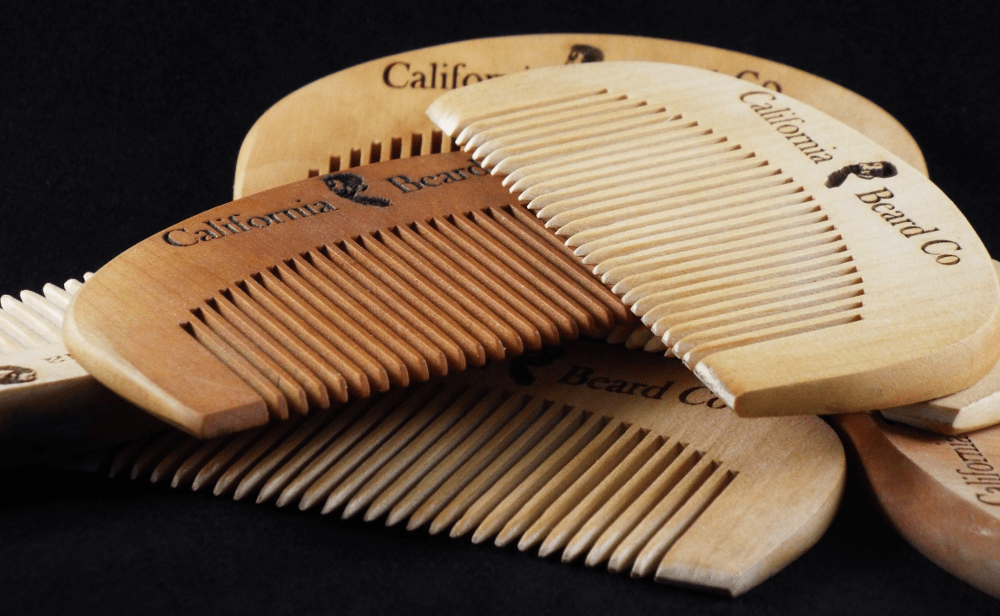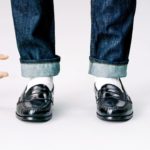A slicked back hairstyle never goes out of fashion, and can be the perfect way to make your wayward locks look dapper and professional, even if your personal taste is to let your mane grow wild and free. Nearly any cut can look good slicked down, but if you do it wrong you run the risk of looking greasy, creepy, criminal, or lazy and unclean. Since those are sartorial sins that can cost you jobs and leave you loveless for a long time, it’s important to get this right.
The Tools
You need to arm yourself correctly before you slick your hair, or it will falter and fall apart, leaving you a disheveled mess in a way that isn’t playful or sexy, but sloppy and dreadful. Don’t scrimp and leave yourself with a fright wig. Do it right.
Brush (Optional)

The common mistake men make is to reach for a heavy-duty brush to shellac down every stray follicle. Too often this leaves you with a helmet of hair that might be cute if you’re Emma Watson, but makes most men look like they’re trying to be a low-rent 30’s mobster. If you plan to use a brush, you should have fine hair that is highly manageable and be expecting to use very little product to keep it in place. It’s also worthwhile if you have exceptionally difficult hair that needs a lot of force to get it to behave. Most of us can skip the brush, but it can be useful.
Comb
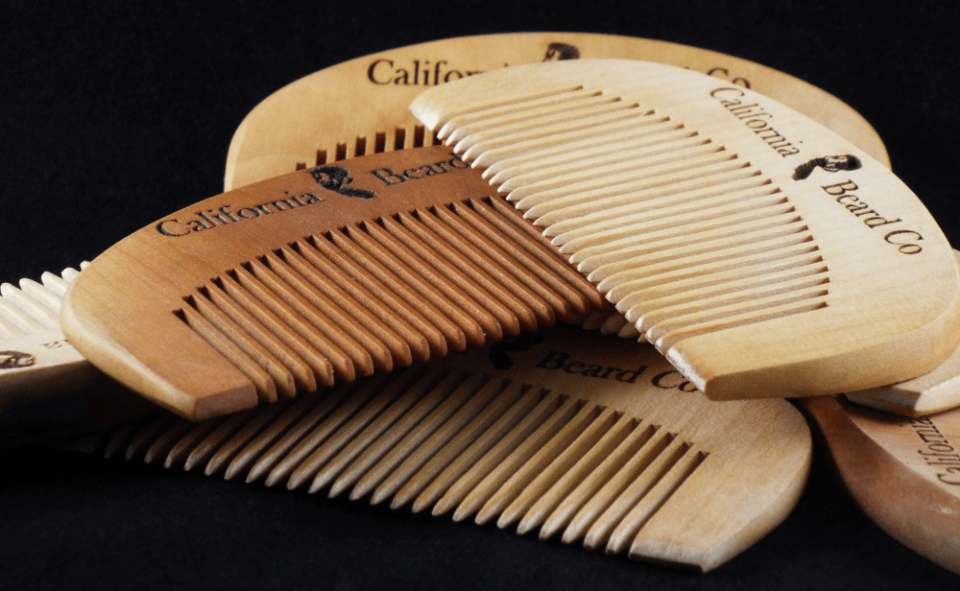
Unlike brushes, combs are meant to give the hair a feathery look that isn’t mashed and molded to the scalp, but rather breathes in a more organic way. You don’t need a specialized comb, though we suggest using wood, metal, or cellulose acetate. If your comb is plastic, throw it out right now. Injection molded plastics are what comprise cheap combs and it does more harm than good for your hair. Dandruff, broken strands, and split ends are all caused or exacerbated by a cheap comb, because the plastic has rough edges that abrade your scalp and tear at your hair.
A good comb should have precision engineering that rounds the prongs of the comb so it slides neatly through hair without hanging up. It will massage the scalp, stimulating the follicles and making your head feel good, which entices the hair to grow more quickly, more thickly, and more naturally. As a good comb glides through your thatch it will help move natural oils from your head all the way to the tips, hydrating and nourishing your locks with every stroke. Either choose one with combination sizes – with prongs that are narrow on half and wider on the other – or whatever size feels good and suits your head well. Typically you want wider spacing on any comb you use for slicking back your hair.
Fingers
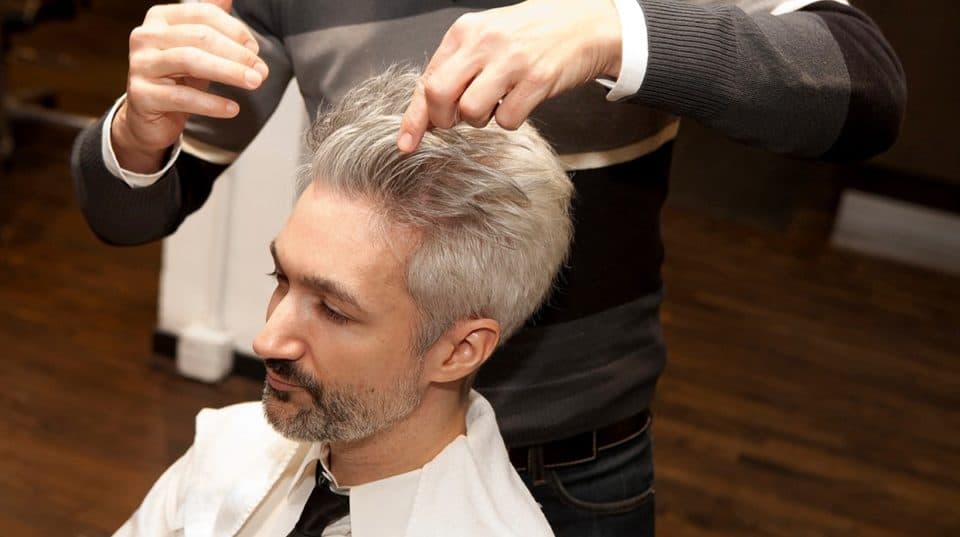
For many, the hands are the perfect tool for styling your hair, as running your digits along is a natural, healthy way to spread oils and groom without necessitating tools. Look at how quaffed and supple the coats of most animals are, and that’s typically accomplished with only their natural, built-in styling methods. As an animal that walks and talks, your fur isn’t any different and doesn’t need much more help than your own two hands can provide.
Water

To slick back your hair, it’s best to be able to wet it. Ideally you’ll be stepping out of a shower and have a sopping wet or towel-dryed scalp. If you’re doing a touch-up, begin with water to help ease the process along.
Sea Salt Spray (Optional)
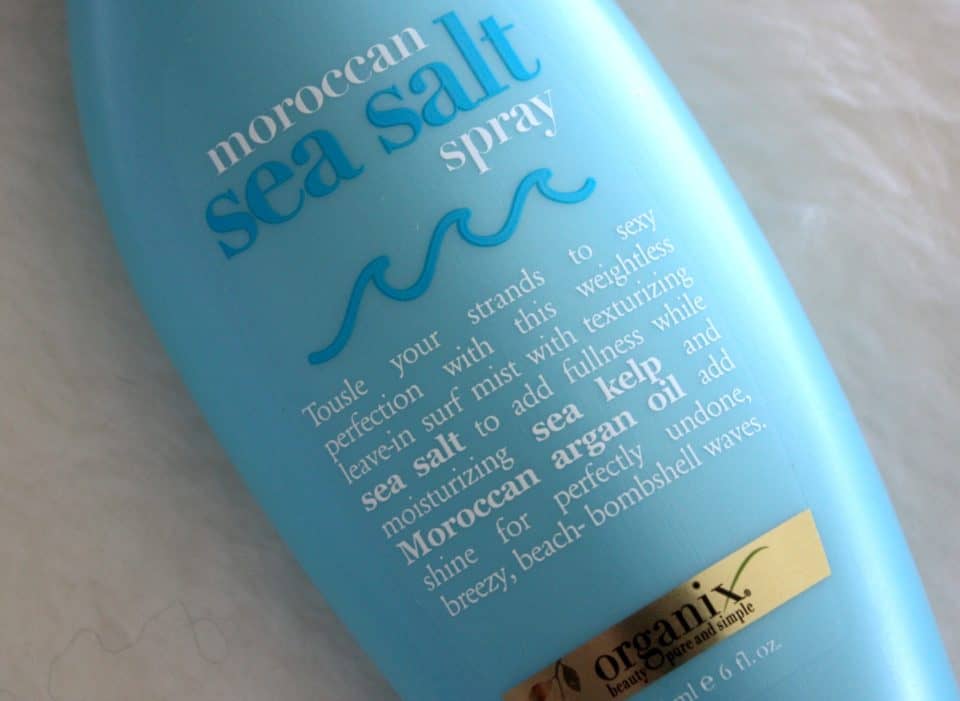
By spraying your hair with sea salt sprays, you’re trying to add texture or “beach waves” to it. If your hair tends to run limp, this will help give it some body, but isn’t needed for those with naturally wavy or curly hair. In fact, it will often make curly hair worse, which means more touch-ups later on.
These products are overpriced, and easily made at home with any number of recipes. Whether you use over-the-counter options or mix up your own, ensure it has moisturizing oils since the sea salt tends to dry hair out, thus increasing frizz and flyaways. The best products and recipes will include lotions or essential oils that help make your hair manageable and healthy.
Towel and/or Hairdryer (Optional)
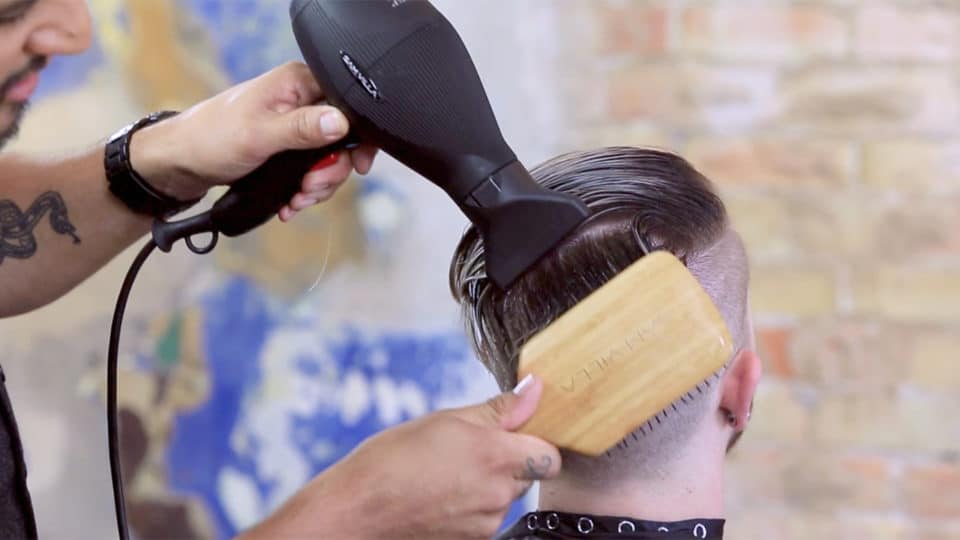
If you can let your hair air dry naturally, do that. If you find you need some help, a towel is usually all that is required, but some will need an air dryer.
Styling Wax, Pomade, or Clay (NO GEL!)
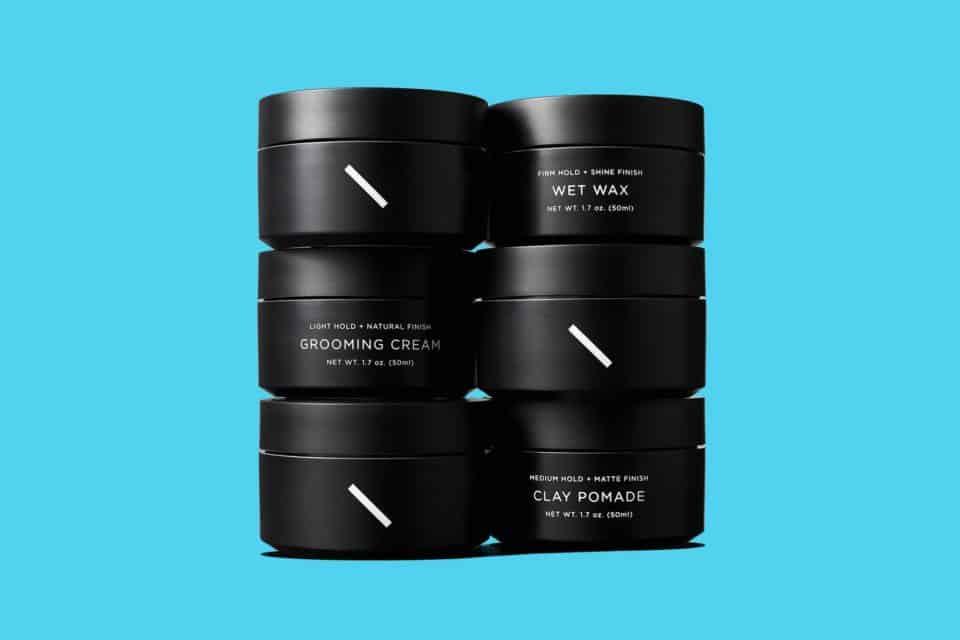
You’ll need to figure out what’s best for your head and type of hair. The reason to avoid gel is it is unhealthy, looks unnatural, and won’t give you a good look. The other products break down thus:
Wax
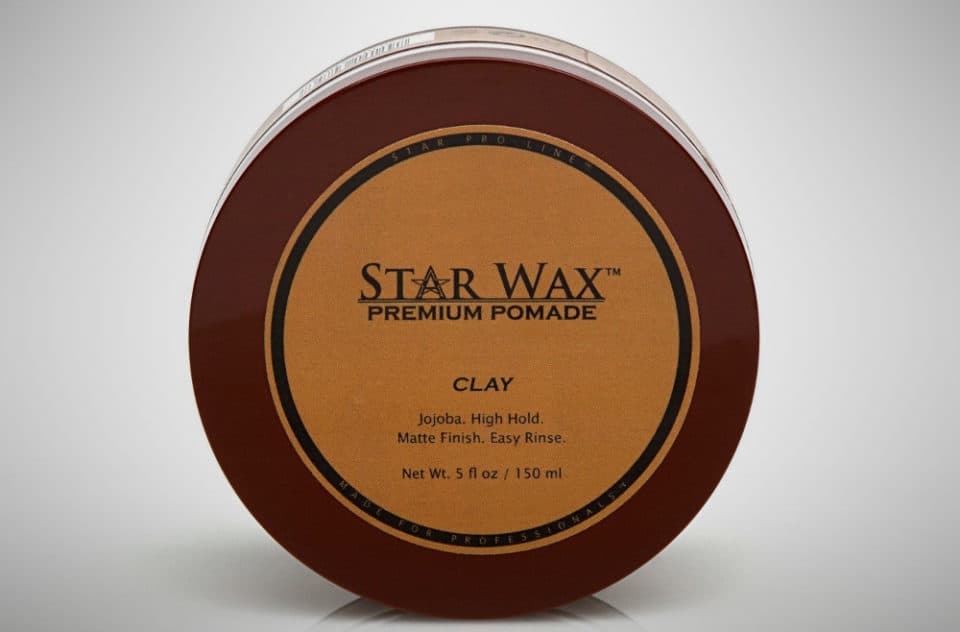
The most versatile of the slicked-back hair products, wax has a strong hold that doesn’t show much shine. It’s going to leave your hair with a little texture, won’t give you a helmet head, and is easy to apply.
Pomade
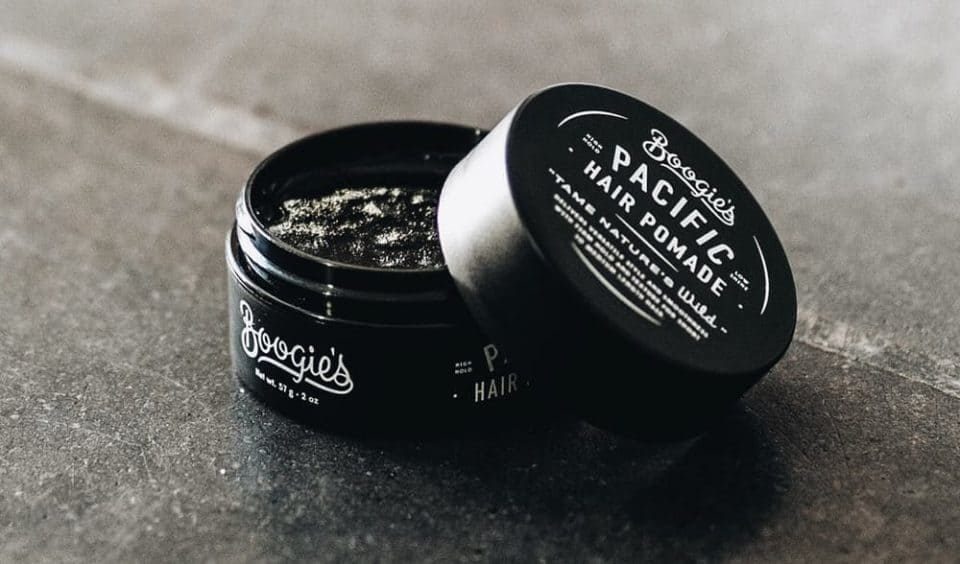
There’s more variety to pomades than clay or waxes, meaning you have to find what goes well with your hair, and what accomplishes the look you’re seeking. You can go anywhere from textured and natural to sleek and gelled, should you opt for that road. Pomade is most commonly used on slicked back hair, but it can take a lot of trial and error to get the one you want.
Clay
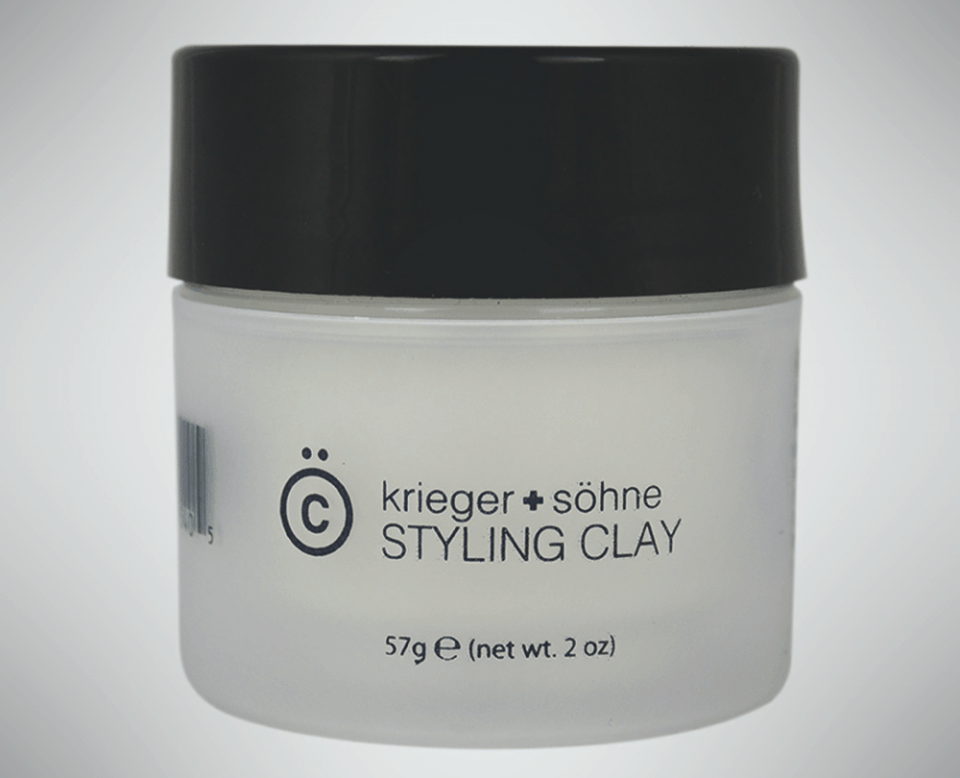
Intended to hold your hair with a completely natural look, clay will be dry, providing the most texture of any option.
The Process
Your gear is 90% of the battle, since the actual process goes like this:
Wet – The best way to make your hair moist and ready to work. Towel-dried hair is best, as you want it damp, not soaking.
Comb or Brush Your Hair Back – Using your comb, brush, or fingers, pull your hair toward the back of your head.
Spray – Here’s where you put in the sea salt spray if you so choose. Those with curly hair should add this in, since it helps keep your natural waviness. If you don’t have any, or prefer not to do this, skip this step.
Wait or Blow Out – Here’s where you want to let the air do its work, either leaving your head alone, or hitting it with a hair dryer while continuously brushing toward the back of your head to keep it mostly in shape.
Style – Using a small dollop of wax, pomade, or clay on your hair or on your comb, work it from front to back through your hair. You can plump the hair a bit with your fingers if you want a more casual look, or hit it with a brush to get it to lay flatter for a more refined appearance.
Related Reading: Why Does Hair Turn Grey?
Experiment

Every head is a little bit different, which means you’ll need to try a few methods for how to make your hair look best with your cut and the slicked back look. Sometimes brushing the thicker top while combing the thinner sides is ideal – as with a traditional pompadour – and sometimes you’ll want to work the sides heavily with a brush to make curly hair lie down, then hit the top with only a comb or your fingers to give it a flirtatious wave that begs to have fingers run through it.
